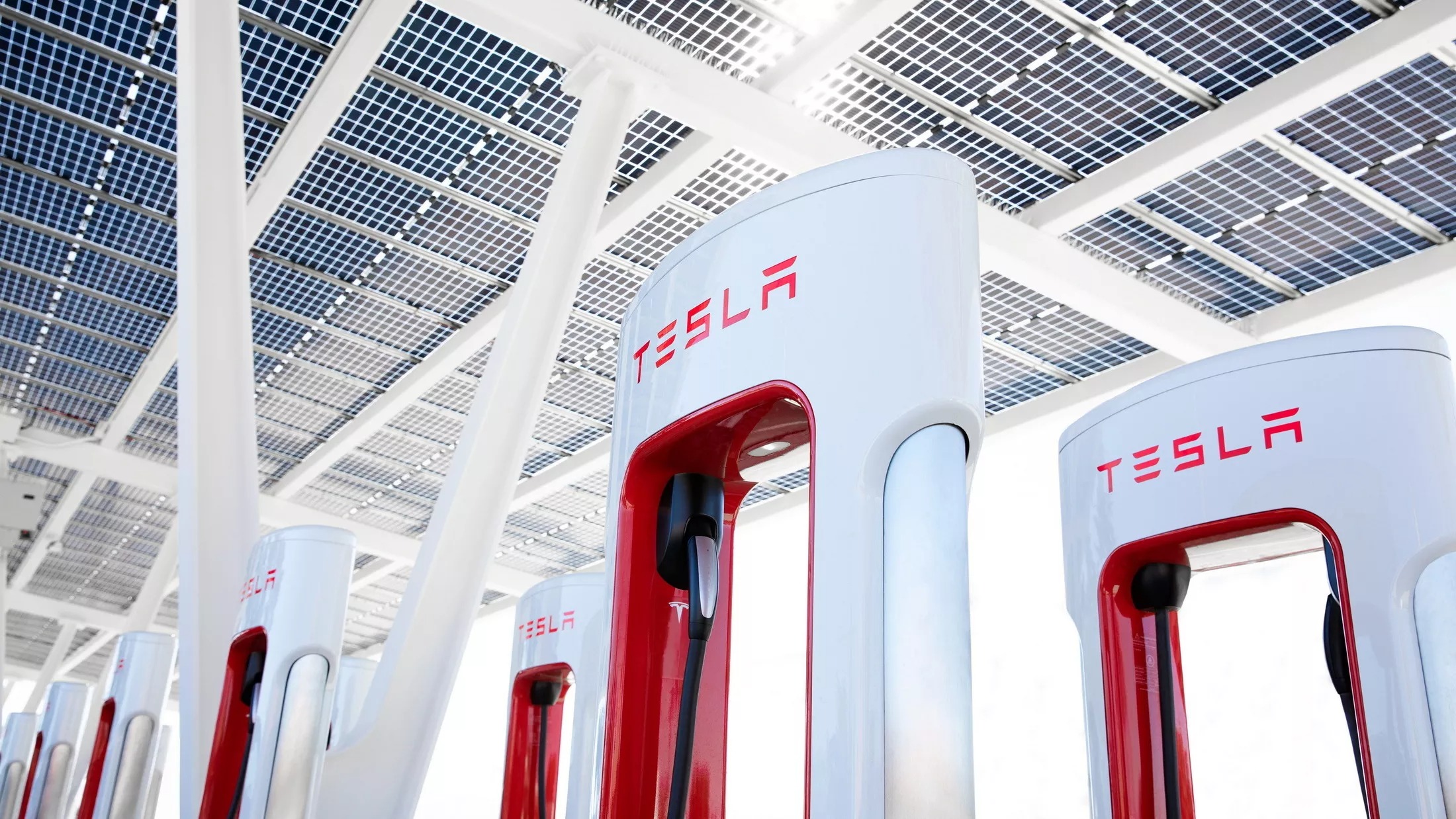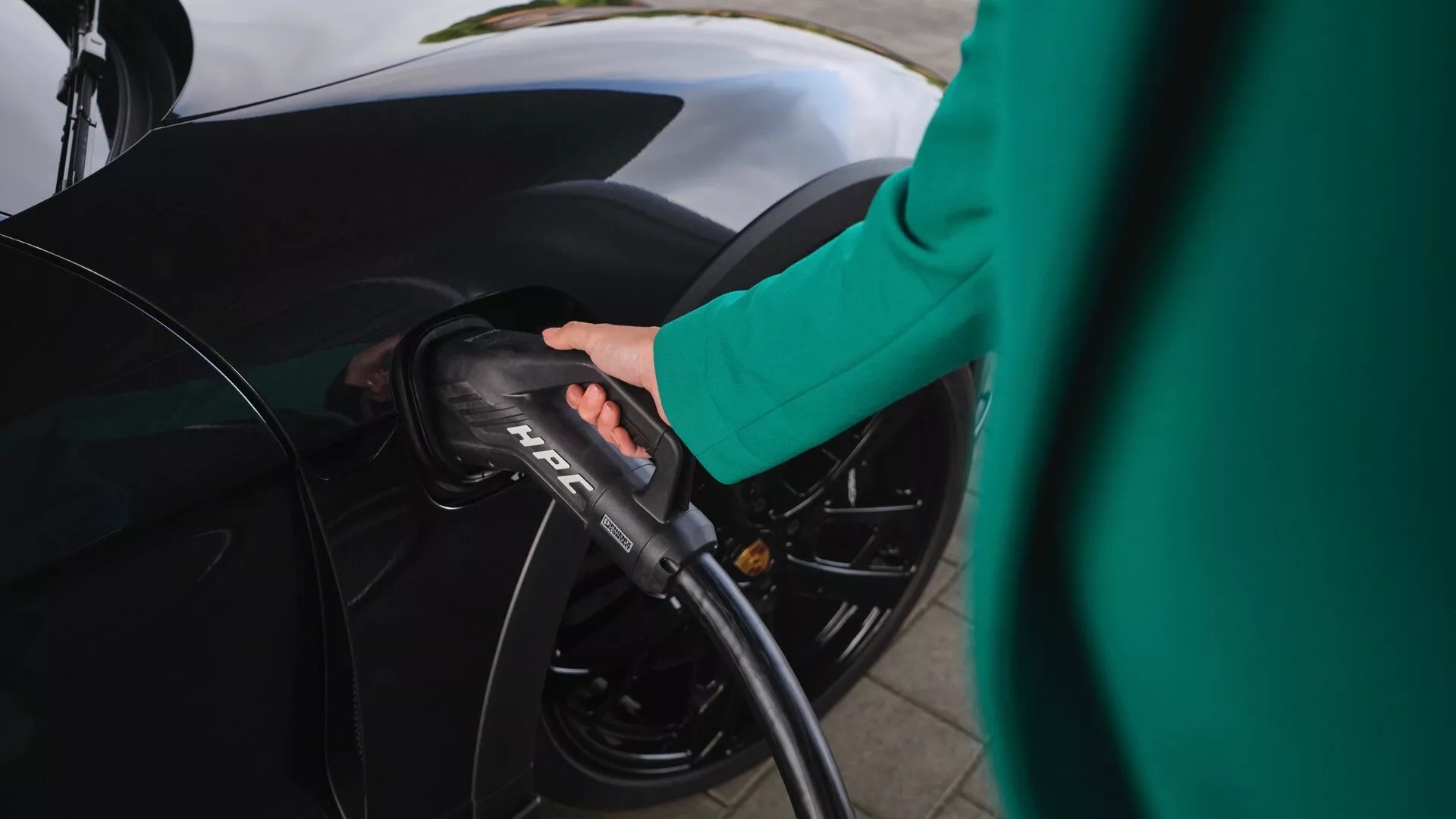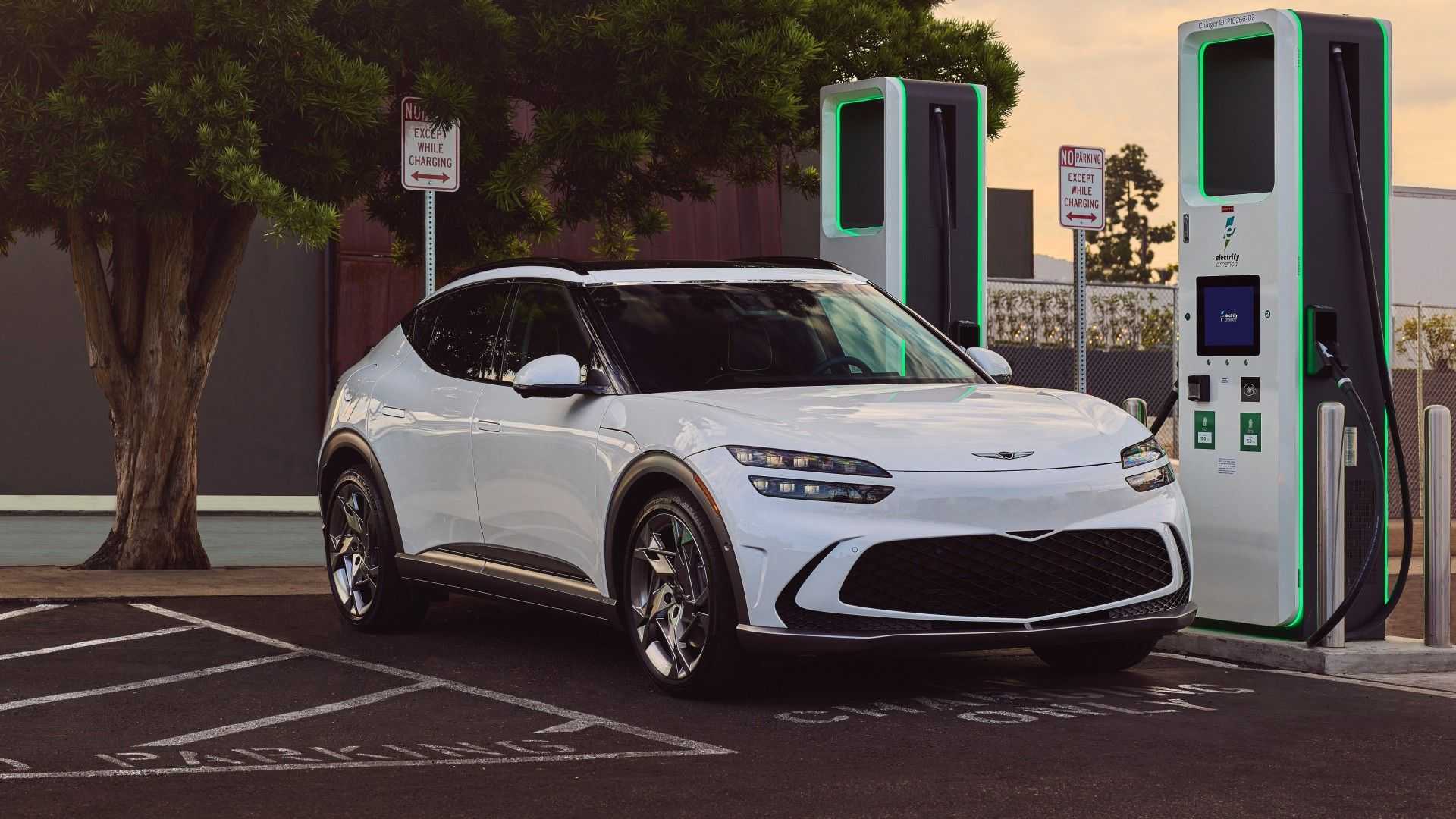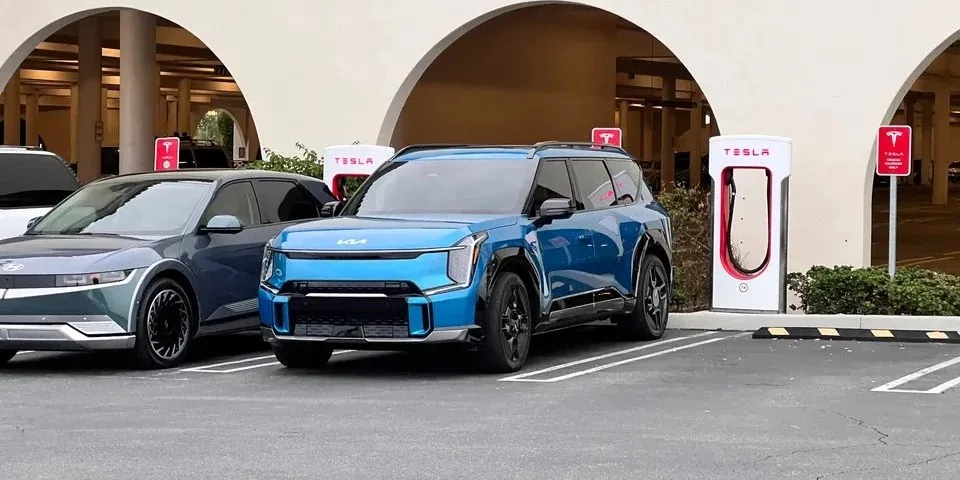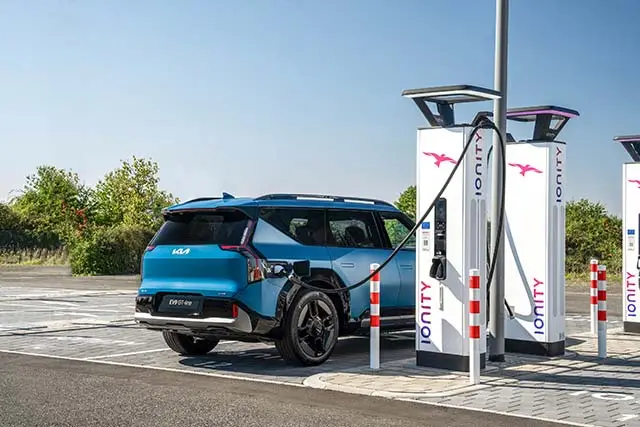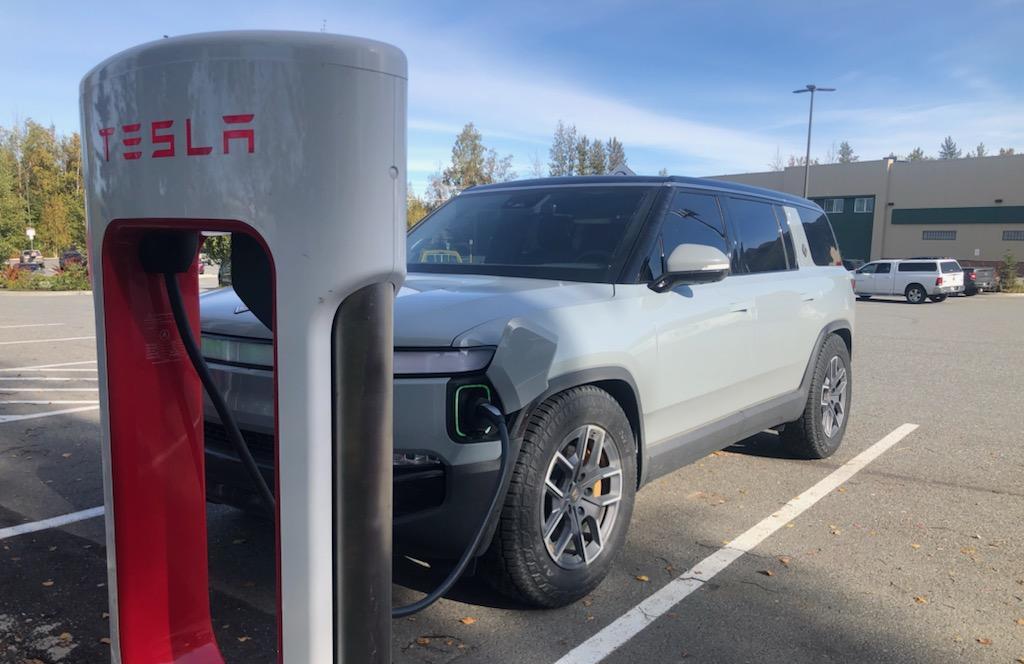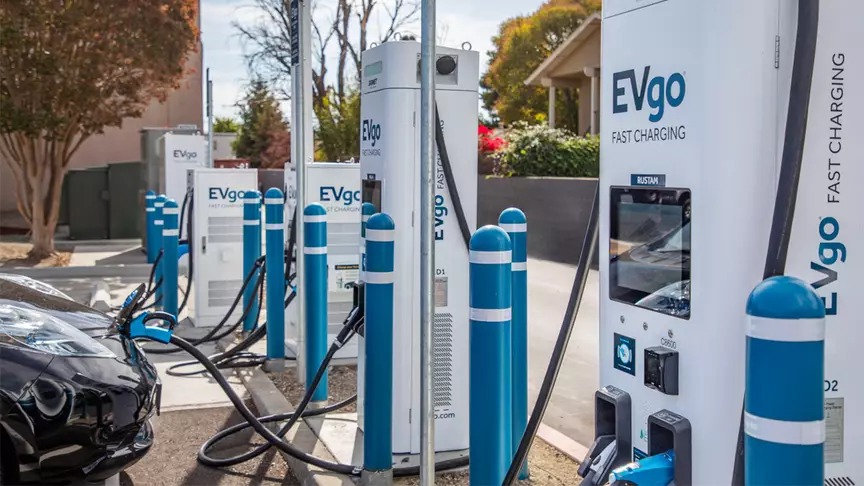Tesla continues its global effort to expand access to its Supercharger network for owners of electric vehicles (EVs) from other brands. The latest expansion has taken place in New Zealand, where Tesla has introduced its Non-Tesla Supercharger program.
The announcement of the program’s launch in New Zealand was made by the official Tesla Charging account on X. According to Tesla’s mapping data, this program encompasses six out of the seventeen Supercharger stations in the country, providing non-Tesla EV owners with access to a total of 30 charging connectors across the two main islands.
The Supercharger stations included in the program, along with their respective connector counts, are as follows:
- Glenfield (7 Superchargers)
- Rotorua (6 Superchargers)
- New Plymouth (3 Superchargers)
- Christchurch (4 Superchargers)
- Timaru (6 Superchargers)
- Queenstown (4 Superchargers)
Reports from local EV owners indicate that non-Tesla vehicles using these six charging stations will be charged at a rate of $0.99 per kilowatt-hour (kWh), which represents approximately a 20% premium over the rate paid by Tesla owners, set at $0.83/kWh. However, non-Tesla EV owners can opt for the Tesla Charging membership, which grants them access at the same rate as Tesla owners.
One notable advantage of Tesla’s Supercharger network in New Zealand is that the stations are already equipped with dual NACS and CCS connectors. This means that retrofitting the stations with the Magic Dock, a technology enabling Superchargers to accommodate both Tesla’s North American Charging Standard (NACS) and CCS (Combined Charging System) connectors, is unnecessary. The Magic Dock can be unlocked for use through the Tesla mobile app, making the transition to multi-connector compatibility efficient and convenient.
Tesla’s move to open its Supercharger network to non-Tesla EVs aligns with the broader industry trend toward interoperability and increased access to charging infrastructure. This expansion in New Zealand is part of Tesla’s ongoing efforts to support the growth of electric mobility and enhance the charging experience for all EV users in the country.

